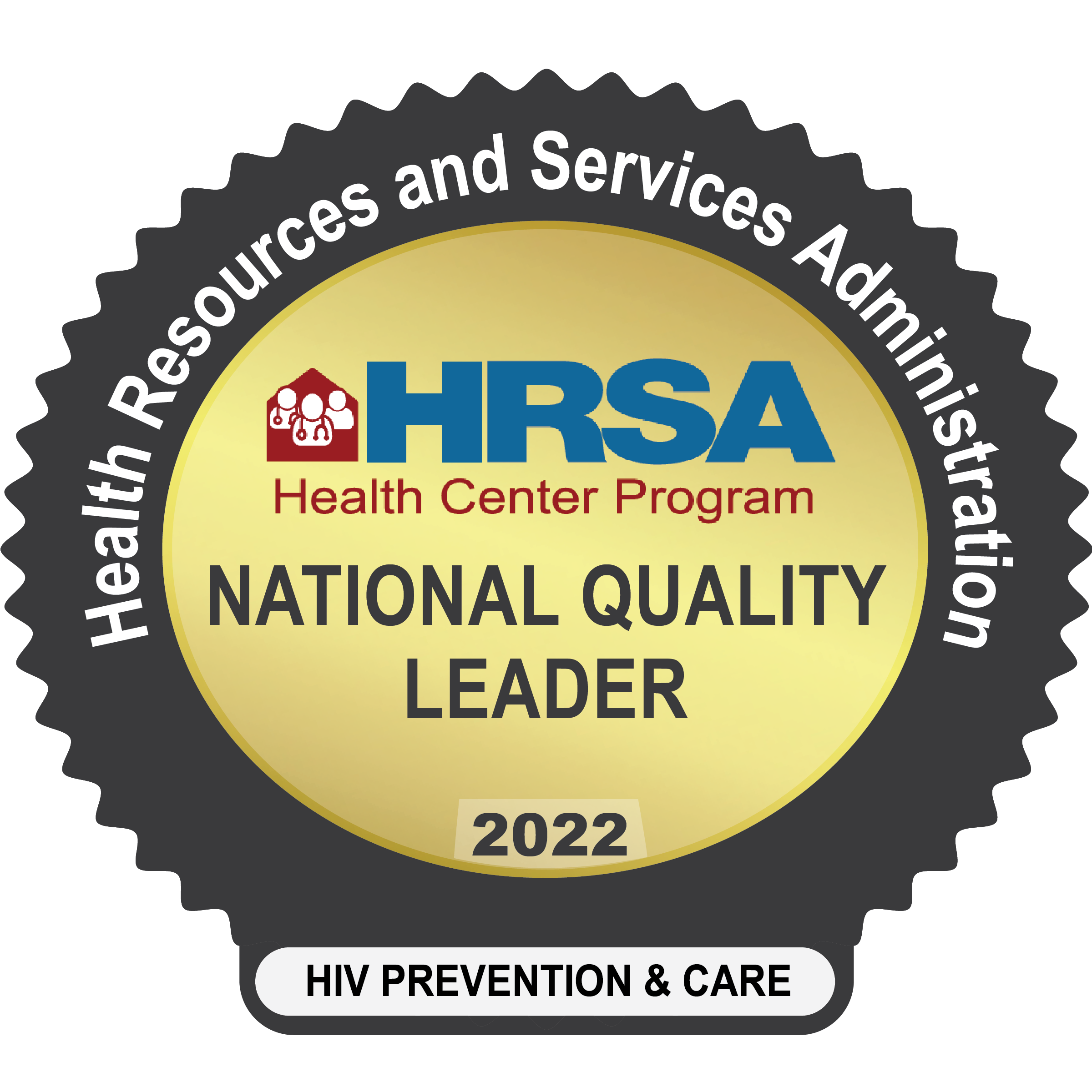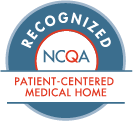Being productive is knowing when to rest.
¿Sufres de culpa por la productividad?
Por el equipo de salud conductual de FoundCare
¿Te sientes constantemente culpable por no ser productivo en la forma de crear, lograr o trabajar duro? ¿Te sientes culpable cuando dedicas tiempo a tus pasatiempos, a relajarte o a tomarte el tiempo para concentrarte en ti mismo? Si respondió afirmativamente a las siguientes preguntas, es posible que sufra de culpa por la productividad (también conocida como vergüenza por la productividad).
La productividad es un estado de hacer lo que tenemos que hacer para alcanzar nuestras metas. La culpa por la productividad ocurre cuando nos presionamos demasiado para hacer las cosas. En la sociedad actual, a menudo asociamos el éxito con la capacidad de hacer todo lo posible en un día con alta calidad y rapidez. El lugar de trabajo moderno nos ha llevado a creer que trabajar muchas horas, saltarse los descansos y estar disponible en todo momento (incluso durante el tiempo libre) es la única forma de salir adelante. No sorprende que la mayoría de las personas que trabajan en trabajos exigentes se agoten tan rápido. Hay una necesidad constante de hacer más hasta que se vuelve demasiado difícil de manejar.
La culpa por la productividad tiene dos mentalidades negativas. La primera mentalidad se puede describir como sentir que siempre hay más por hacer y que lo que se logró simplemente no es suficiente. La segunda mentalidad puede describirse como sentir vergüenza o culpa cuando se toma un tiempo para relajarse debido a los pensamientos continuos sobre otras tareas importantes que se pueden hacer con ese tiempo. Con culpa por la productividad, siempre habrá algo más que podría haber abordado o en lo que podría haber dedicado más tiempo y esfuerzo. La clave es combatir estos sentimientos reformulando cómo ve su progreso y productividad diarios. Aquí hay algunos pasos que puede practicar.
Redefina cómo es un día productivo. Si te enfocas únicamente en tratar de hacer todo lo posible en un día, siempre te sentirás culpable por la productividad. En su lugar, intente establecer metas pequeñas y alcanzables o cree una lista más corta de tareas por prioridad la noche anterior. Al hacer esto, tendrá una idea de lo que debe hacerse y podrá comenzar a trabajar al día siguiente. La práctica radica en aceptar que cada día será diferente y no todos los días saldrán según lo planeado. También es aprender a celebrar y estar orgulloso de tus logros diarios sin importar cuánto hagas.
Haz lo mejor que puedas. Al final del día, siempre debe preguntarse si hizo lo mejor que pudo con el tiempo y los recursos que tenía. Si la respuesta es no, trate de acotar por qué se siente así. La mayoría de las veces miramos todo lo que no hicimos, pero no tomamos en consideración las cosas que nos impidieron hacer esas cosas. ¿Se quedó atrapado en reuniones que tomaron más tiempo de lo esperado? ¿Tu jefe te dio una nueva tarea que tenía prioridad sobre tu lista de tareas pendientes? ¿Tuviste más interrupciones de lo habitual a lo largo del día? Asimismo, debe identificar sus opciones de estilo de vida que también afectan la productividad. ¿Estás durmiendo lo suficiente y haciendo ejercicio? ¿Estás comiendo sano? Mejorar tu bienestar personal te ayudará a sentirte bien, y cuando te sientes bien, haces lo mejor que puedes.
Tomar un descanso. Los estudios han demostrado que los descansos regulares en el trabajo reducen el estrés y aumentan la concentración y el compromiso. La mayoría de los entornos de trabajo están obligados a dar a los empleados un descanso para almorzar, así como breves descansos adicionales a lo largo del día, según las horas trabajadas. Tome una decisión consciente de comenzar a tomar estos descansos designando tiempos en su horario y configurando un recordatorio en su teléfono todos los días. Incluso si solo tiene cinco minutos, use este tiempo para distraerse del trabajo saliendo, estirándose, dando un paseo o buscando un lugar tranquilo para realizar algunos ejercicios de respiración profunda. Haz un esfuerzo por continuar con esta práctica hasta que se convierta en un hábito y nota cómo te sientes después de cada descanso.
Tómese un tiempo libre del trabajo. Los estudios muestran que las personas que se toman un tiempo libre del trabajo tienen menos estrés, menos riesgo de enfermedades cardíacas, una mejor perspectiva de la vida y más motivación para alcanzar los objetivos. En un estudio, aquellos que se tomaron 11 o más días de vacaciones tenían más del 30 % de probabilidades de recibir un aumento de sueldo. Esto demuestra que darle a su mente un descanso del trabajo es mejor para el rendimiento y la productividad en general.
Deja de compararte con otros. Todo el mundo lucha con días improductivos. Incluso aquellos a los que admira por su capacidad de ser productivos se enfrentan a algunos de los mismos desafíos que usted. Está bien si tienes días en los que no terminas todo. El viaje de la vida de todos es diferente. La práctica se enfoca en tu viaje y en lo que necesitas para ser feliz, en lugar de mirar lo que hace felices a otras personas.
En FoundCare , nuestros proveedores entienden la importancia de un enfoque integral de la atención que incluye la mente, el cuerpo y el espíritu, por lo que nuestros servicios de salud del comportamiento están integrados con nuestra atención primaria (no se ofrecen como un servicio independiente). Si está experimentando problemas de salud mental, puede ser beneficioso consultar a un médico para averiguar si algún problema de salud subyacente le está causando angustia antes de ser derivado a un especialista en salud del comportamiento. Llame al 561-432-5849 para programar una visita de atención primaria hoy.
Por favor, disculpe las posibles errores de traducción.
By FoundCare's Behavioral Health Team
Do you constantly feel guilty for not being productive in the way of creating, achieving, or working hard? Do you feel guilty when you spend time on hobbies, relaxing, or taking time to focus on yourself? If you answered yes to the following questions, you may suffer from productivity guilt (also referred to as productivity shame).
Productivity is a state of doing what we need to do to reach our goals. Productivity guilt happens when we put too much pressure on ourselves to get things done. In today’s society, we often associate success with the ability to get as much done in a day at a high quality and quick speed. The modern workplace has led us to believe that working long hours, skipping breaks, and being available at all times (even during time off) is the only way to get ahead. It is no surprise that most people who work demanding jobs get burnt out so quickly. There is a constant need to be doing more until it becomes too much to handle.
Productivity guilt has two negative mentalities. The first mentality can be described as feeling like there is always more to do and what was accomplished just isn’t enough. The second mentality can be described as feeling shame or guilt when taking time to relax because of the continuous thoughts about other important tasks that could be done with that time. With productivity guilt, there’s always going to be something else you could have tackled or put more time and effort into. The key is to combat these feelings by reframing how you look at your daily progress and productivity. Here are a few steps you can practice.
Redefine what a productive day looks like. If you focus solely on trying to get as much done in a day as possible, you will always feel productivity guilt. Instead, try setting small, achievable goals or creating a shorter prioritized to-do list the night before. By doing this, you will have an idea of what needs to get done and can get right to work the next day. The practice lies in accepting that every day will be different and that not all days will go as planned. It is also learning how to celebrate and be proud of your daily accomplishments no matter how many there are.
Do the best you can. At the end of the day, you should always ask yourself if you did the best you could with the time and resources you had. If the answer is no, try to narrow down why you feel you feel that way. Most of the time we look at everything we didn’t get done but don’t take into consideration the things that prevented us from doing those things. Were you stuck in meetings that took longer than expected? Did your boss give you a new task that took priority over your to-do list? Were you interrupted throughout the day more than usual? Likewise, you should identify your lifestyle choices that also affect productivity. Are you getting enough sleep and exercise? Are you eating healthy? Improving your personal well-being will help you feel your best and when you feel your best, you do your best.
Take a break. Studies have shown that regular work breaks reduce stress while increasing focus and engagement. Most work environments are required to give employees a lunch break as well as additional short breaks throughout the day depending on the hours worked. Make a conscious decision to start taking these breaks by designating times in your schedule and setting a reminder on your phone every day. Even if you only have five minutes, use this time to get your mind off of work by stepping outside, stretching, going for a walk, or finding a peaceful spot to perform some deep breathing exercises. Make an effort to continue this practice until it becomes a habit while noting how you feel after each break.
Take time off from work. Studies show that people who take time off from work have lower stress, less risk of heart disease, a better outlook on life, and more motivation to achieve goals. In one study, those who took 11 or more vacation days were more than 30% likely to receive a raise! This proves that giving your mind a break from work is better for overall performance and productivity.
Stop comparing yourself to others. Everyone struggles with unproductive days. Even those you admire for their ability to be productive are dealing with some of the same challenges you are. It is okay if you have days where you do not accomplish everything you set out to achieve. Everyone’s life journey is different. The practice is focusing on your journey and what you need to be happy, instead of looking at what makes other people happy.
At FoundCare, our providers understand the importance of a comprehensive approach to care that includes the mind, body, and spirit, which is why our behavioral health services are integrated with our primary care (not offered as a standalone service). If you are experiencing mental health challenges, it can be beneficial to see a doctor to find out if any underlying health issues are causing you distress before being referred to a behavioral health specialist. Call 561-432-5849 to schedule a primary care visit today.













